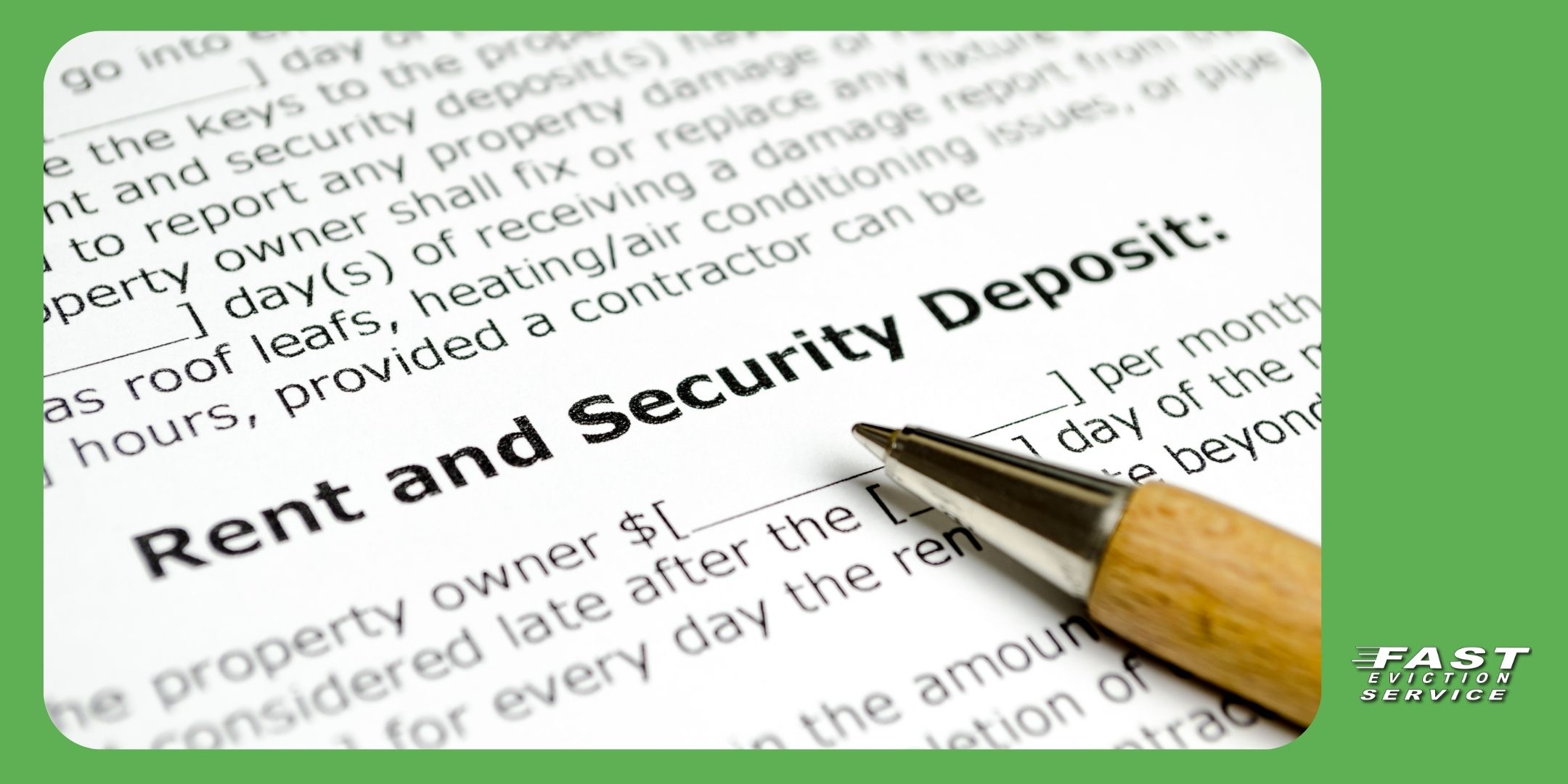Updated 12/02/24
Deciding whether to allow tenants with pets is a significant consideration for landlords. It’s a decision that carries both benefits and risks. On the one hand, saying yes to renters with furry companions can open the door to a wider pool of potential tenants, as many people consider pets part of the family. On the other hand, concerns about property damage, noise, and liability often weigh heavily on a landlord’s mind. Striking the right balance requires thoughtful planning, clear communication, and a robust pet clause in the lease agreement.

In this article, we’ll explore the pros and cons of renting to tenants with pets, discuss key strategies landlords can use to protect their properties, and provide actionable advice on crafting a pet clause in a rental agreement. Whether you’re a seasoned property owner or new to the business, this guide will help you make an informed decision.
Table of Contents
- The Growing Demand for Pet-Friendly Rentals
- Benefits of Allowing Tenants With Pets
- Potential Risks and How to Mitigate Them
- Crafting an Effective Pet Clause in Lease Agreements
- Establishing a Pet Policy Rental Agreement
- Preventing Costly Repairs
- FAQs About Pet Agreements and Policies
The Growing Demand for Pet-Friendly Rentals
In today’s rental market, demand for pet-friendly properties is higher than ever. According to recent surveys, more than 70% of renters either own a pet or plan to adopt one. This growing trend reflects the importance of pets in people’s lives, making it increasingly challenging for landlords to remain competitive without considering renters with pets.
While there are valid concerns, crafting a detailed pet clause in a lease agreement and implementing a comprehensive pet policy rental agreement can provide peace of mind for landlords while meeting this demand.
Benefits of Allowing Tenants With Pets
Larger Tenant Pool
Allowing pets significantly expands the pool of potential tenants. Families, singles, and even older renters often prioritize pet-friendly homes. By accommodating their needs, landlords position their properties as attractive options in competitive markets.
Increased Tenant Retention
Tenants with pets are more likely to stay longer because finding another pet-friendly rental is often challenging. This reduces turnover costs, including marketing, cleaning, and lost rental income during vacancies.
Additional Revenue Opportunities
A pet-friendly property allows landlords to charge pet rent, a non-refundable pet fee, or a refundable pet deposit. These additional income streams can offset any potential damages caused by pets, making the arrangement financially beneficial.
By incorporating clear terms in a pet clause in the rental agreement, landlords can manage these benefits without sacrificing control over their properties.
Potential Risks and How to Mitigate Them
Property Damage
Pets can cause damage to floors, carpets, doors, and walls. To mitigate this, landlords should include specific terms in the pet policy rental agreement, such as restrictions on pet size, breed, and behavior. Regular property inspections can also ensure issues are addressed early.
Noise Complaints
Barking dogs or other pet-related noise can lead to conflicts with neighbors or other tenants. A well-written pet clause in the lease agreement should outline expectations for pet behavior, including quiet hours and how noise complaints will be handled.
Liability Issues
Landlords may face liability risks if a tenant’s pet injures someone on the property. Requiring tenants to provide proof of renter’s insurance with pet liability coverage is an effective way to mitigate this concern.
Crafting an Effective Pet Clause in Lease Agreements
A pet clause in the lease agreement is the cornerstone of managing tenant pets effectively. This clause should clearly define the rules and responsibilities regarding pets to avoid misunderstandings.
Key Elements of a Pet Clause:
- Pet Description: Specify the number, size, breed, and type of pets allowed.
- Behavioral Standards: Include requirements for pet training, vaccination, and acceptable behavior.
- Damage Responsibility: State that tenants are responsible for all pet-related damage and cleaning.
- Pet Rent or Deposit: Outline the financial terms, including any additional fees or deposits.
- Inspection Rights: Reserve the right to inspect the property periodically to ensure compliance.
When drafting this clause, consult local landlord-tenant laws to ensure compliance and prevent legal disputes.
Establishing a Pet Policy Rental Agreement
A pet policy rental agreement goes beyond a single clause, offering a detailed framework for managing pets on your property. This policy should complement the lease agreement and address broader issues.
Essential Components of a Pet Policy:
- Approval Process: Require tenants to apply for pet approval before bringing a pet onto the property.
- Pet-Specific Rules: Include guidelines for waste disposal, leash requirements in shared spaces, and noise control.
- Violation Consequences: Clearly state penalties for policy violations, such as fines or potential lease termination.
By implementing a pet policy rental agreement, landlords can create a structured approach that minimizes ambiguity and fosters accountability.
Preventing Costly Repairs
Preventative measures are critical for avoiding expensive repairs caused by pets. Here are some strategies landlords can adopt:
- Durable Materials: Opt for pet-friendly flooring, such as vinyl or laminate, instead of carpet. These materials are easier to clean and resist scratches.
- Regular Inspections: Schedule inspections every six months to identify and address potential issues early.
- Tenant Education: Provide tenants with guidance on maintaining the property, such as cleaning up pet accidents promptly and preventing scratching or chewing.
- Clear Communication: Set expectations upfront through the pet clause in the rental agreement and reiterate them during lease signing.
Taking these steps not only protects the property but also fosters a positive landlord-tenant relationship.
FAQs About Pet Agreements and Policies
1. What is a pet agreement, and why is it important?
A pet agreement is a legal document or addendum to the lease that outlines the terms under which tenants can have pets. It clarifies responsibilities, sets boundaries, and helps prevent disputes between landlords and tenants.
2. How does a pet clause in the lease agreement differ from a pet policy rental agreement?
A pet clause is a specific section within the lease agreement that addresses pet-related rules. A pet policy rental agreement, on the other hand, is a more comprehensive document that provides detailed guidelines and covers a broader range of issues related to pets.
3. Can landlords charge extra for tenants with pets?
Yes, landlords can charge additional fees, such as pet rent, a refundable pet deposit, or a non-refundable pet fee, depending on local laws. These fees help offset potential costs associated with pet ownership.
Final Thoughts
Allowing tenants to rent with pets is a decision that requires careful consideration and planning. By understanding the benefits, mitigating the risks, and implementing a robust pet clause in the lease agreement, landlords can create a pet-friendly environment that benefits both parties while protecting their investments.




